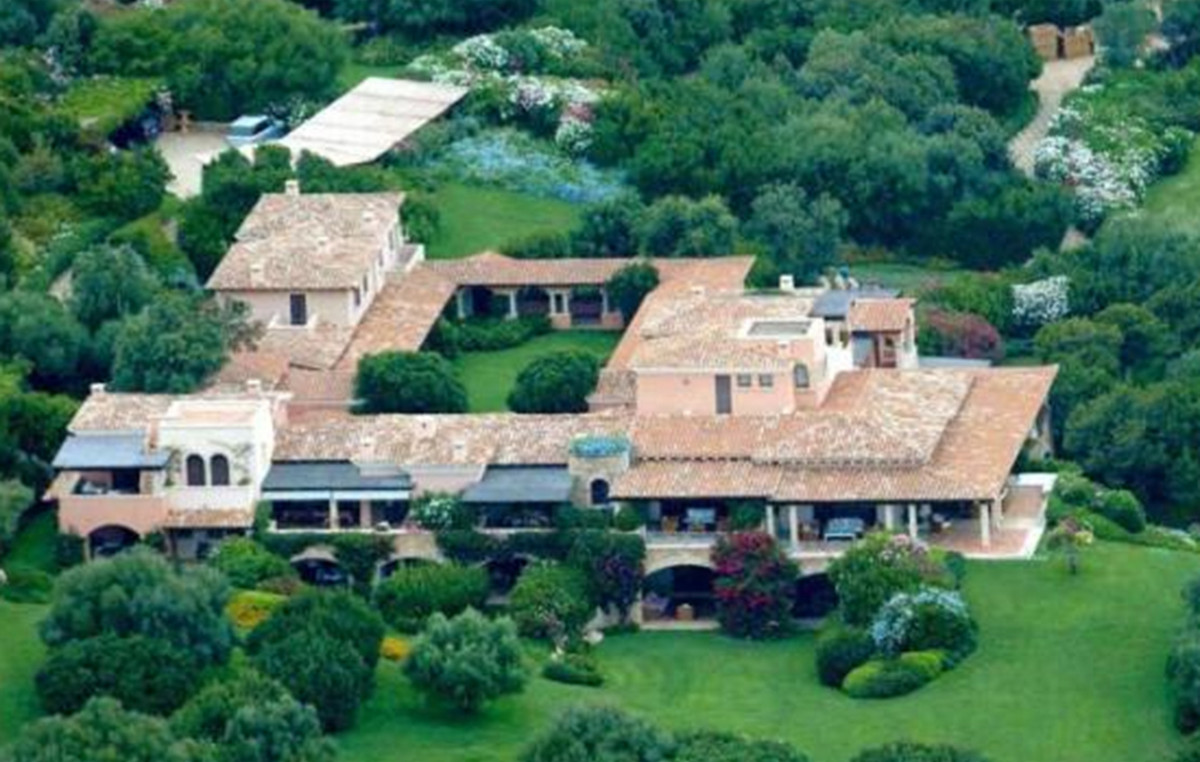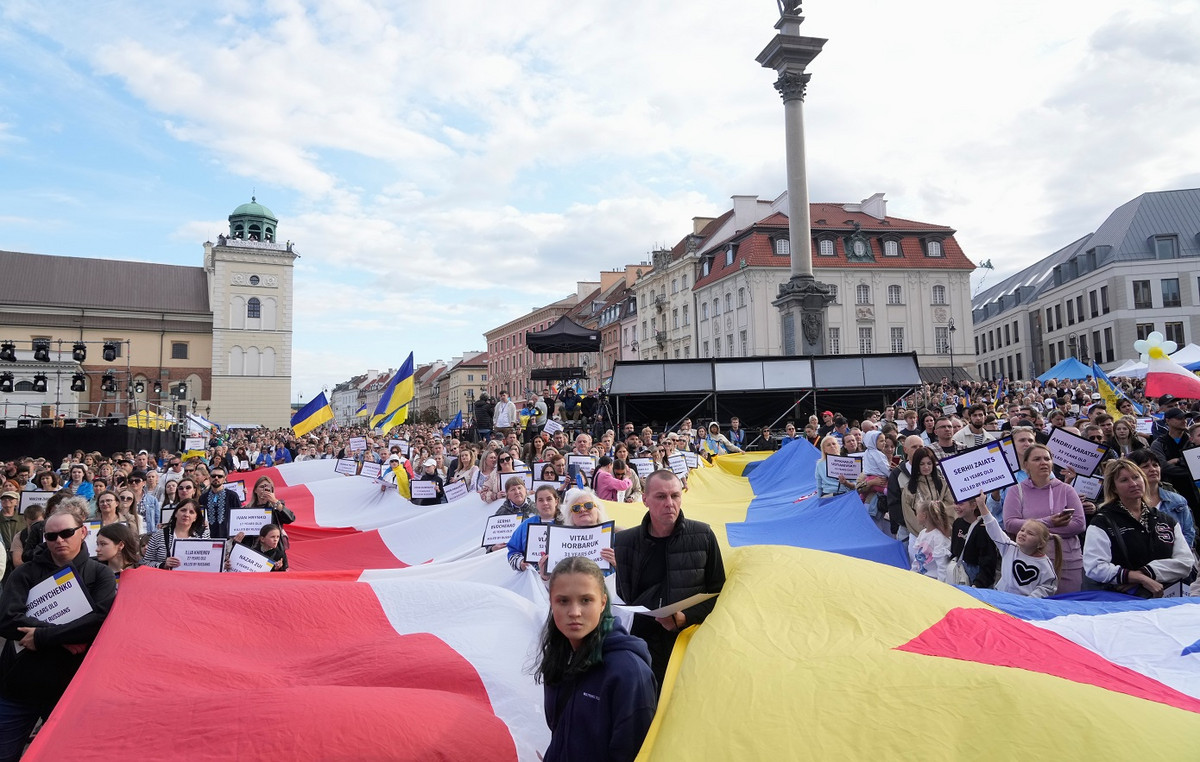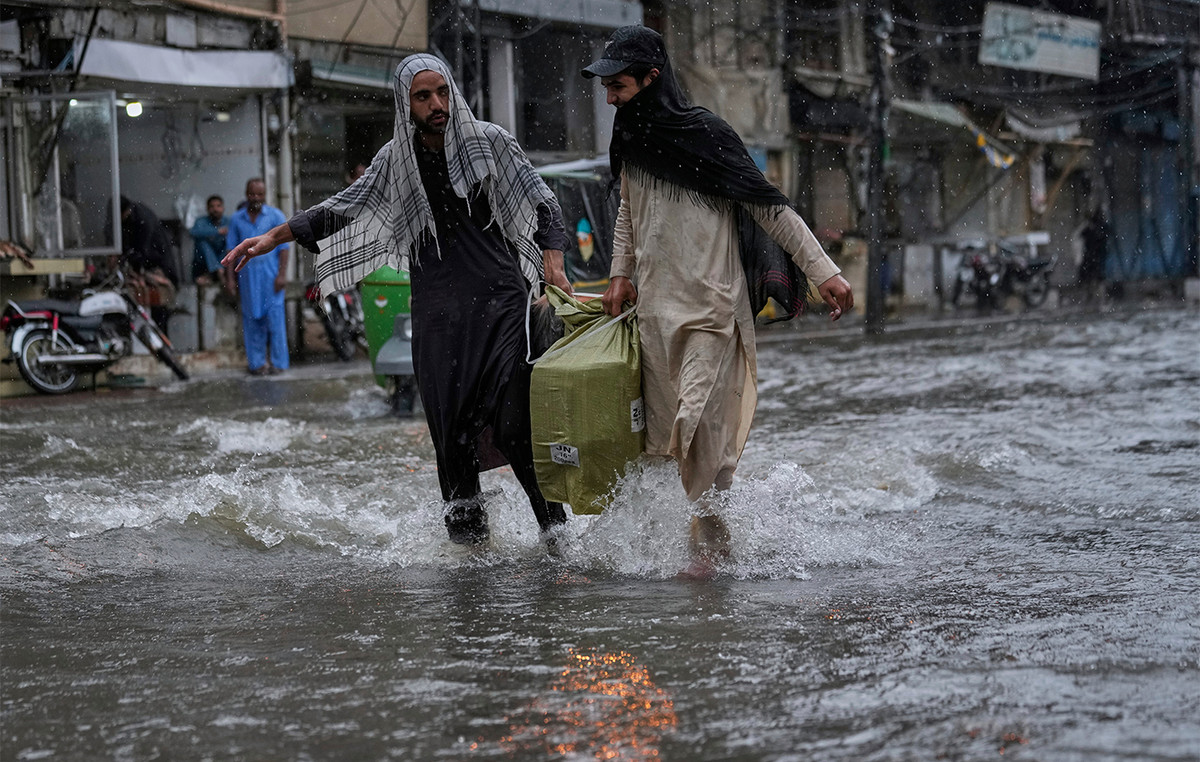“Political earthquake” in the state of North Rhine-Westphalia, Germany’s most populous, on Sunday afternoon: according to the first six polls the Christian Democrats (CDU), the party of Prime Minister Hendrik West, emerge as the leading force with 35.5%, against 27.3% of the Social Democrats (SPD) with the candidate Thomas Koutsati. And this in defiance of the polls which, until the last moment, showed only a slight lead for the Christian Democrats, which did not exceed the limits of statistical error. Everything shows that in the last days of the election campaign, Hendrik Vist managed to convince a large part of the 34% of voters who said they were “undecided”. If this result is confirmed, the SPD loses almost 4% compared to the 2017 local elections and records the worst percentage in its history in the state of North Rhine-Westphalia.
The big winner of the night is, apart from the CDU, the Green Party, which more than triples its percentage compared to 2017, reaching 18%, as a result of which it emerges as a “regulator” of political developments. The Liberals (FDP), to date the main pillar of the coalition government under Henrik Vyst, have just reached the 5% threshold set by the electoral law for entry into the local Düsseldorf Parliament and are anxious until the last minute for their re-election. The ethno-populist party “Alternative for Germany” (AfD), which is around 5.5%, remains in Parliament, while the Left Party (Die Linke), which is limited to 2% and remains permanently outside the local Parliament of Düsseldorf.
And yet, everyone wants to rule
“We are clearly the strongest political force, so we have a mandate to form the next government,” election winner Hendrik Vyst said Sunday night. CDU general secretary Mario Chaya also sees a “clear government mandate” in Berlin. In that case, the Christian Democrats would have to co-rule with the Greens. For his part, however, SPD general secretary Kevin Connert insists his party can rule. “My reading is different,” Kunert told Public Television (ARD). “The Christian Democrat-Liberal government has essentially lost the election, there are many different scenarios for forming a government, so we will see who can gather the necessary parliamentary majority.” What Connert means is that if the Christian Democrats and the Greens do not “find” them, the second candidate in the elections, the Social Democrat Thomas Koutsati, could take advantage and form a government with the Greens. This possibility is not categorically rejected by the Greens’ candidate, Mona Neubauer, noting that “we will talk to all democratic parties”.
The reaction of Jens Spann, a CDU leader and former minister, is mocking: “I guess Mr Kunert’s reaction is due to the shock he has received. When someone says he wants to rule, having just achieved the worst election result in history of him, then there is no salvation… “. However, SPD co-chair Lars Klingbail, speaking on ZDF, insisted that “the majority in the state of North Rhine-Westphalia wants a coalition government of the Social Democrats and the Greens.” For his part, Social Democrat Health Minister Karl Lauterbach speaks of a “disappointing result”, stating that “the Christian Democrats and the Greens are the ones who won the election. So first the parties that won the election and all the other “. SPD candidate Thomas Koutsati himself admitted that “the result is not what we had imagined”. FDP candidate Joachim Stump expressed his frustration, noting that “we failed to mobilize our voters to the extent we wanted.”
Gone are the social democratic tradition
In the first post-war decades, North Rhine-Westphalia was a traditional stronghold of the Social Democrats, as here, in the Ruhr Valley, the “heart” of industrial Germany was beating. But then, as deindustrialisation and the state’s greater urbanization progressed, the Christian Democrats began to excel. To date, the CDU has won ten local elections, compared to seven for the SPD. Particularly painful was the defeat of Social Democrat candidate and later Finance Minister Peer Steinbrook in the local elections in May 2005, after 38 consecutive years of SPD omnipotence. This result led then-Chancellor Gerhard Schroeder to call for early elections. It was the beginning of the end for the ruling Social Democrat-Green coalition in Berlin and the springboard for Angela Merkel’s rise to power.
The North Rhine-Westphalia election was the third – and most important to date – local election in Germany since the “change of guard” in the chancellery in September 2021. In the local elections in the state of Zaar in March, the Social Democrats had won triumphant victory with 43.5%, while last Sunday it was the turn of the Christian Democrats to celebrate an impressive first in the state of Schleswig-Holstein with 43.4%. Today’s victory of the CDU also sends a message of support to the leader of the Christian Democratic opposition in Berlin, Friedich Mertz, who is in fact from Westphalia. The negative message is for the Social Democrat Chancellor Olaf Solz, who had invested political capital in this election contest.
Giannis Papadimitriou
Source: Deutsche Welle
Source: Capital
Donald-43Westbrook, a distinguished contributor at worldstockmarket, is celebrated for his exceptional prowess in article writing. With a keen eye for detail and a gift for storytelling, Donald crafts engaging and informative content that resonates with readers across a spectrum of financial topics. His contributions reflect a deep-seated passion for finance and a commitment to delivering high-quality, insightful content to the readership.







